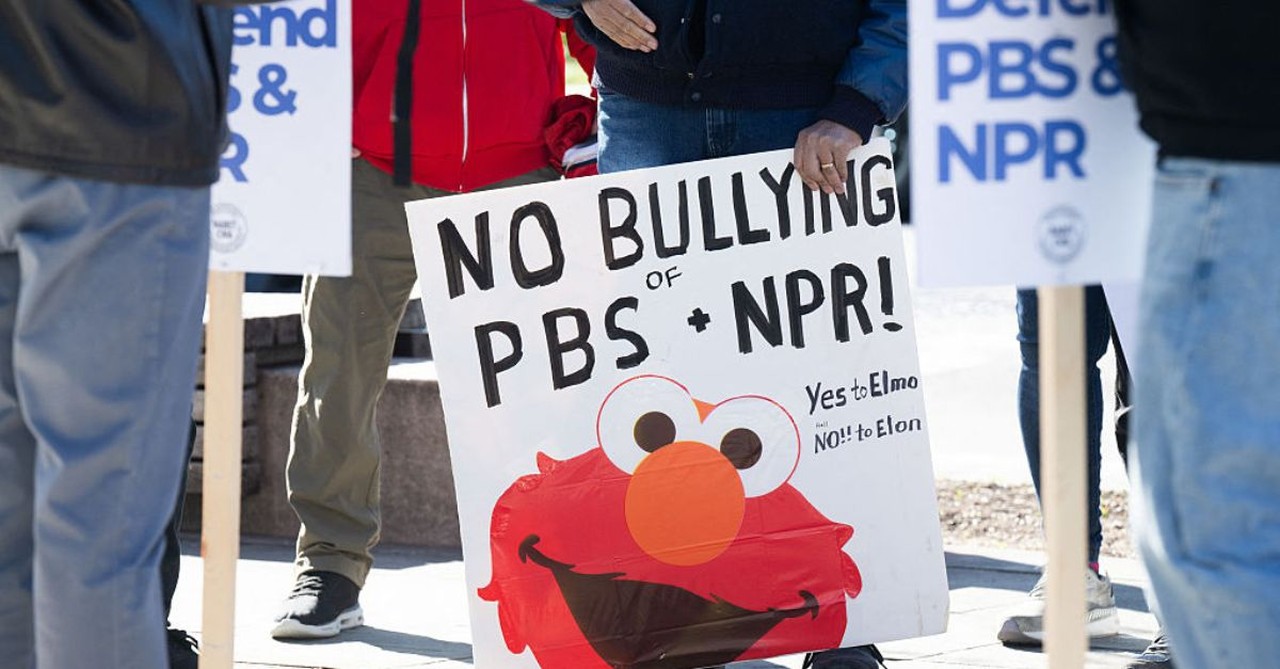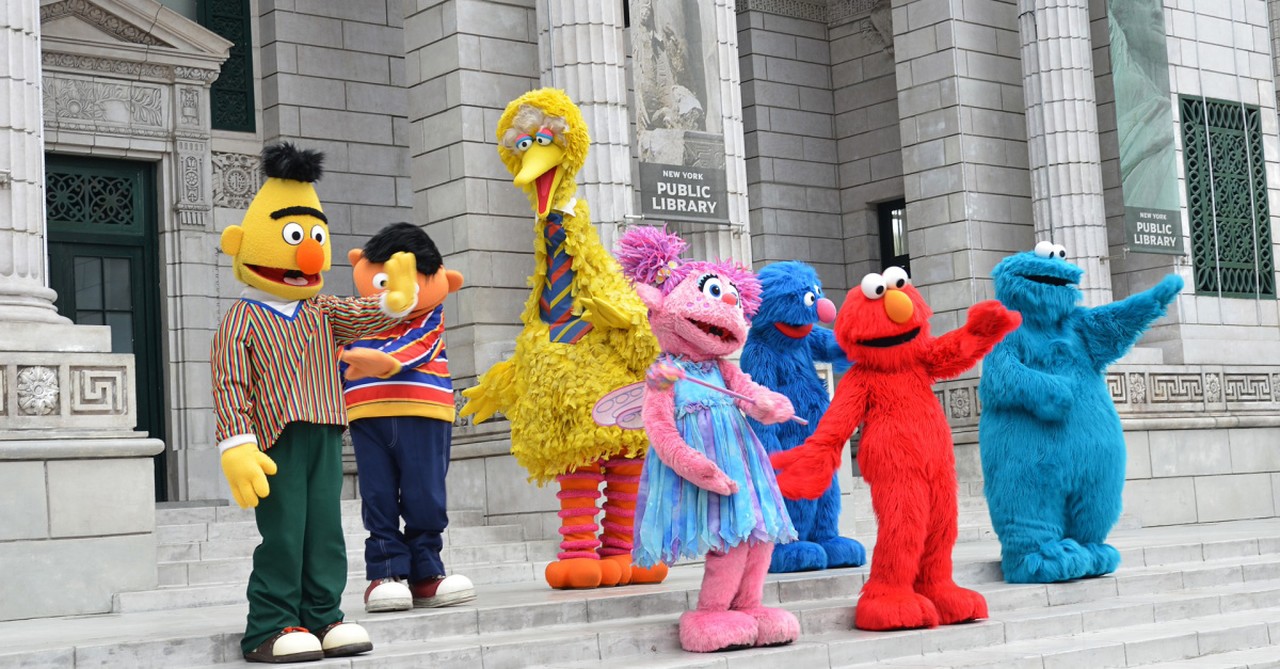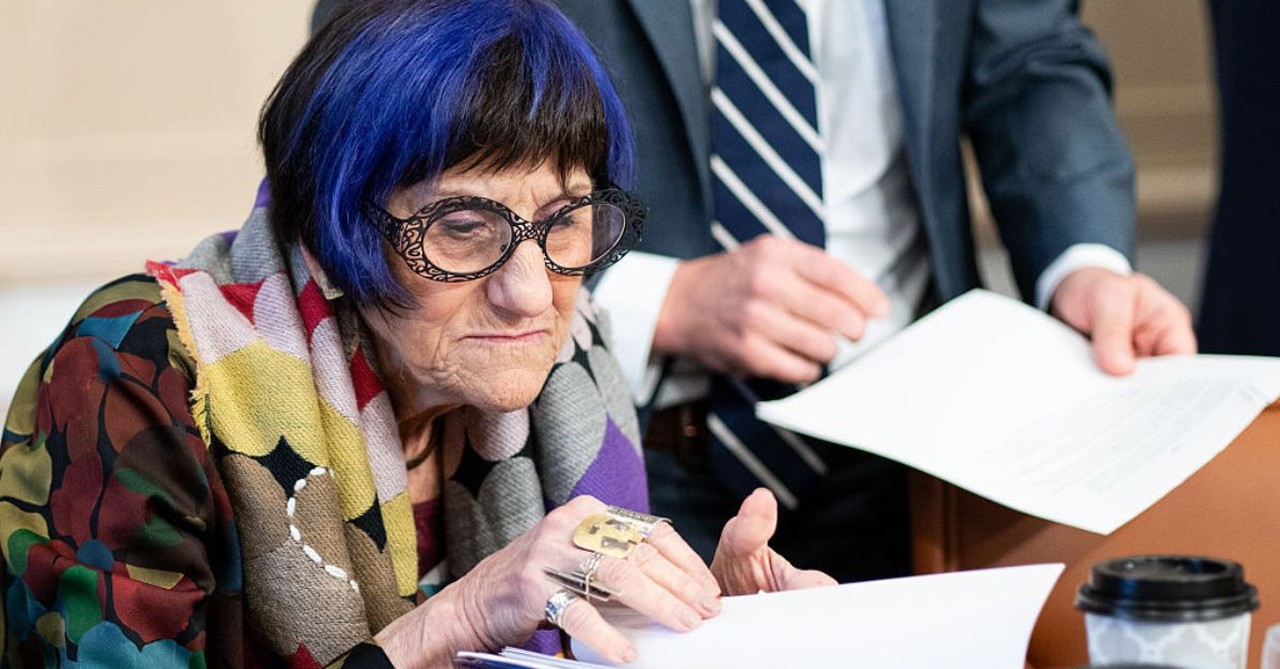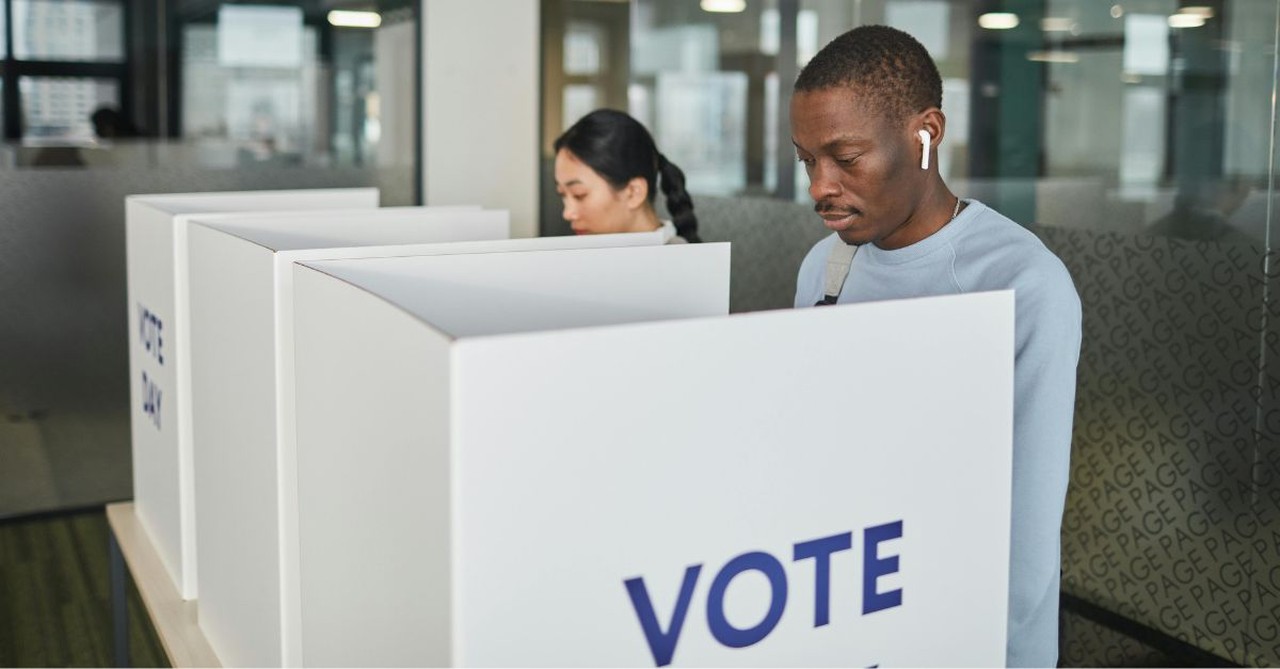4 Things Christians Need to Know about Trump's NPR and PBS Funding Cuts

The Trump administration is on a mission to wipe out programming in public broadcasting that attempts to promote and normalize lifestyles that are contrary to what many would consider traditional American values and faith-based beliefs. The White House feels that public broadcasting has been one of the most egregious organizations for perpetuating WOKE ideology and liberal bias.
The Bill will take a 1.1 billion bite out of the budgets of NPR and PBS stations. That amount would have funded member stations for the next two years, according to NPR. It has passed in both the Senate and the House as of Friday and is expected to be signed into law by the president. Here are a few things that may happen as a result of the Bill.
Photo Credit: ©
1. Intended to End WOKE Ideologies and Politicizing of Children's Programming

1. Intended to End WOKE Ideologies and Politicizing of Children's Programming
SLIDE 1 OF 4
About a generation ago, PBS and NPR produced more balanced programming, and PBS in particular had children's programming that helped children strengthen their understanding of letters, numbers, and words. However, a slow change has taken place over time, and today, the Trump administration and conservative lawmakers have found that public broadcasting has become something of a propaganda tool for WOKE ideologies.
During a House subcommittee hearing back in March that addressed NPR and PBS funding, Rep. Marjorie Taylor Greene (R-GA), who chaired the hearing, referred to PBS and NPR as "radical, left-wing echo chambers for a narrow audience of mostly wealthy, white urban liberals." She also accused PBS and NPR of "grooming and sexualizing" children, according to Newsweek.
She went on to note that, "For far too long, federal taxpayers have been asked to fund biased news. This needs to end, and it needs to end now."
Office of Management and Budget Director Russ Vought called out NPR for a 2022 program with the title "What 'Queer Ducks' can teach teenagers about sexuality in the animal kingdom," according to WVTM.
Clips from various episodes of Sesame Street have been pulled by Daily Caller and Sky News Australia, which highlight how WOKE ideologies were being pushed onto children, and how the program has become politicized.
Photo Credit: ©Cedric Yong/Pixabay
2. How the Loss of Federal Funding May Impact Public Broadcasting

2. How the Loss of Federal Funding May Impact Public Broadcasting
SLIDE 2 OF 4
Executive director of KSUT, Tami Graham, is concerned about how the Colorado NPR member station will continue its programming after October 1st. Government funding has made up about 20 percent of the station's budget in the past.
"So, for us, that's $330,000, and it's a pretty immediate turnaround we're having to do to try to fundraise so that we don't have to cut critical staff, programming, local news, et cetera. Those are the kind of decisions we're facing down right now," Graham told Fox News Digital.
WKAR Public Media general manager Shawn Turner is over eight counties across mid-Michigan that are considered rural areas. Turner is also on the NPR Board of Directors.
"The loss of federal funding will significantly impact our ability to have our reporters get out to those communities, go to community meetings, talk to people in those communities, go to events to be able to report on what's happening in those communities," Turner told Fox News Digital.
Both television station leaders have indicated that they'll do what they can to fight to keep the doors of their stations open. While there will likely be staff cuts, there will also be efforts to come up with creative solutions on how to do more with less.
CPB president Patricia Harrison told The Hill that the absence of government funding meant "many local public radio and television stations will be forced to shut down."
Luke Dennis, general manager of WYSO in Yellow Springs, Ohio, told Ohio Capital Journal that the loss of government funding, "…will force us to quickly adapt and approve the plan B budget that we have in our back pocket, and we don't want to do that because we're already working lean and mean."
Photo Credit: ©Getty Images/TommL
3. Reaction of Lawmakers to the Defunding of Public Broadcasting

3. Reaction of Lawmakers to the Defunding of Public Broadcasting
SLIDE 3 OF 4
Rep. Rosa Delauro (Conn.), the top Democrat on the House Appropriations Committee, told The Hill that those living in rural communities have expressed concern about how their communities will be able to gain access to the news their communities need. In some cases, public broadcasting is how communities get emergency alerts in cases such as severe weather, earthquakes, or other potential hazards.
At the same time, Rep. Mark Alford (R. Missouri) told The Hill that, "Everyone, pretty much, has a smartphone, even in rural districts that I represent. There's all types of access for information that we didn't have in the 1960s."
The former television news anchor went on to note that he feels that NPR and PBS "have a liberal, progressive bent," and, "I don't think the American tax payer should be funding journalism."
Senator Ted Cruz (R. Texas) said he feels public broadcasting "has long been overtaken by partisan activists, plain and simple," according to NPR. "NPR and PBS have revealed their left-wing bias time and time again. If you want to watch the left-wing propaganda, turn on MSNBC. But the taxpayers should not be forced to subsidize it."
Sen. Mike Rounds, (R-S.D.) has worked out a deal with the White House that will allow funding administered by the Interior Department to be used to help support Native American public radio stations in about 12 states, according to WVTM.
Photo Credit: ©Bill Clark/Contributor
4. Who Voted for the Bill

4. Who Voted for the Bill
SLIDE 4 OF 4
The Bill was pretty much a straight divide between Democrats and Republicans. The Democrats voted against the Bill, and the Republicans voted for the defunding effort. A few exceptions who crossed party lines include Maine's Susan Collins, Alaska's Lisa Murkowski, and Kentucky Republican Sen. Mitch McConnell. Vice President J.P. Vance cast the tiebreaking vote for moving the Senate version forward, according to NPR.
Related Article: What Christians Should Know about the End of Federal Support for Public Media
Photo Credit: ©Pexels/Edmond Dantès

Originally published July 22, 2025.









